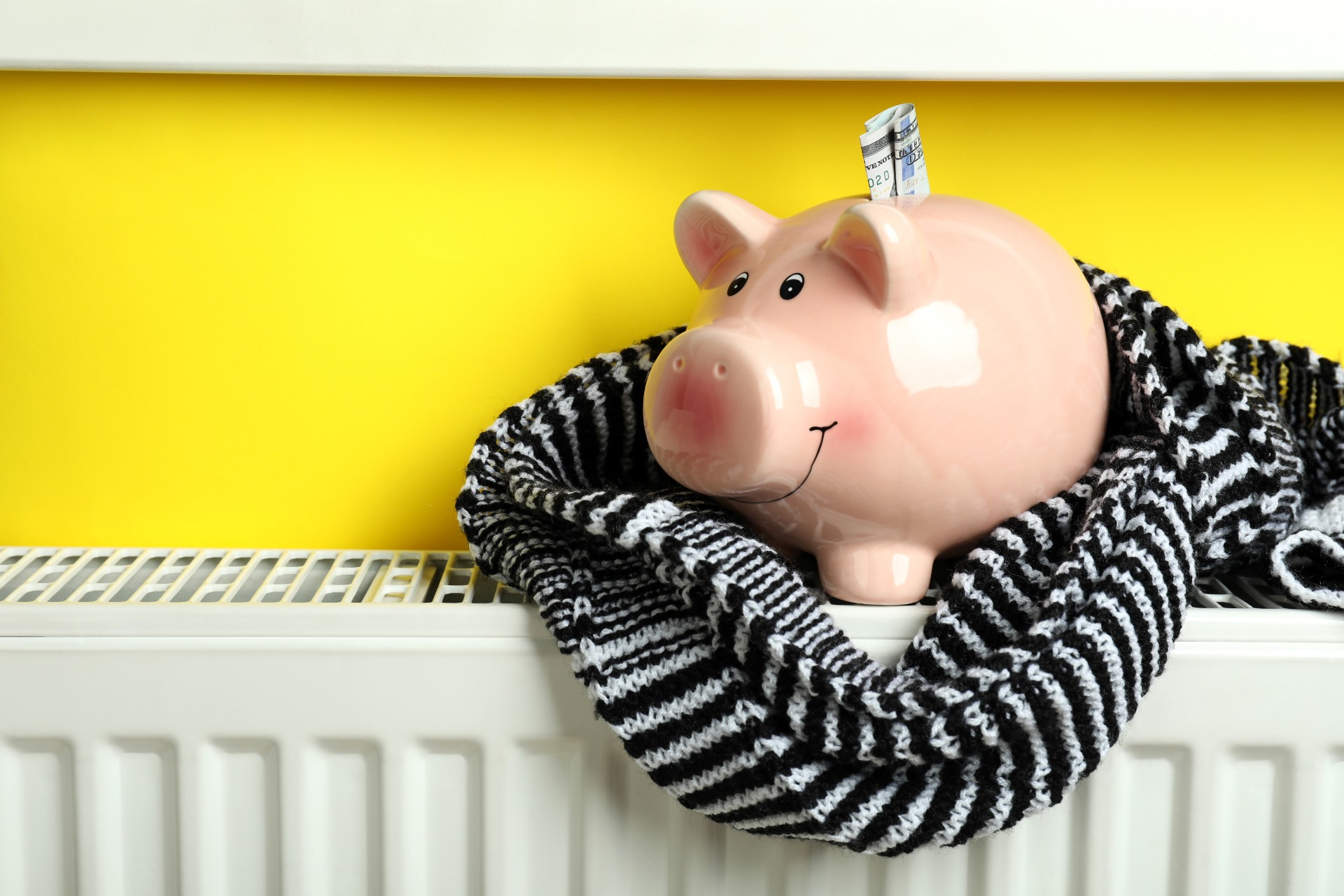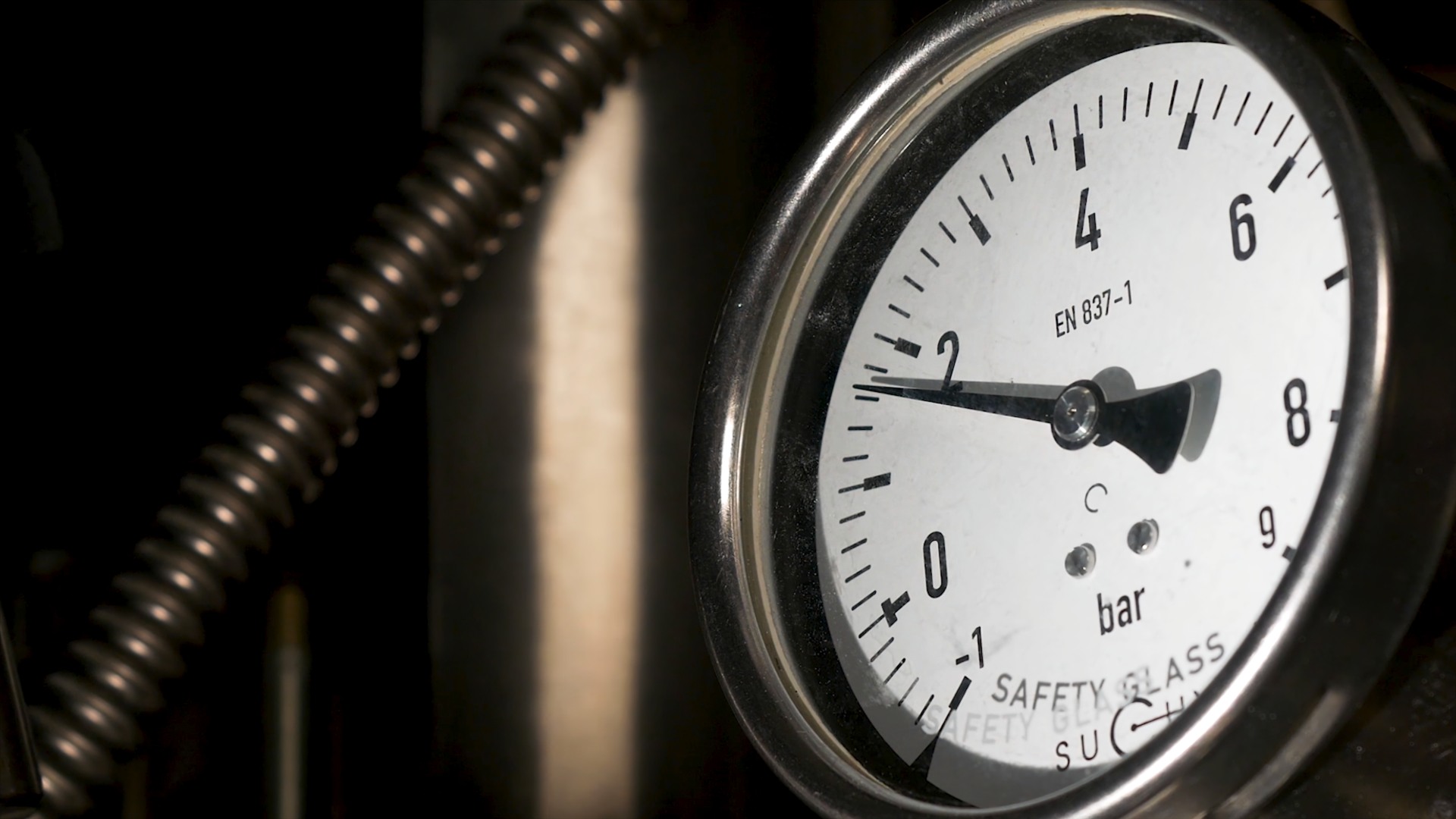In today’s world, where the cost of living continues to rise, finding effective ways to save money on your energy and lower your heating bill has become more important than ever. With the advent of new technologies and increased awareness about energy efficiency, there are numerous strategies available to reduce your energy consumption and keep your home more energy efficient. This article will explore various methods, from smart meter usage to home improvements, that can help you save money on your heating and energy bills.
How Can I Lower My Energy Bill with Smart Meter Usage?
What is a Smart Meter and How Does It Work?
A smart meter is an advanced electronic device that records your energy consumption in real time and communicates this information to your energy supplier. Unlike traditional meters, smart meters provide accurate readings, eliminating the need for estimated bills and manual meter readings. They are designed to help you monitor your energy use more effectively, providing you with detailed insights into your consumption patterns. By understanding how much energy you use at different times, you can make informed decisions to reduce your energy and ultimately lower your heating bill.
How Does a Smart Meter Help Reduce Your Heating Bill?
Smart meters play a crucial role in helping you save money on your heating. They enable you to track your energy usage in real time, allowing you to identify periods of high consumption and adjust your habits accordingly. For instance, you might discover that your heating system is consuming more energy than necessary during certain hours, prompting you to adjust your heating controls or flow temperature. Additionally, smart meters often come with in-home displays that show the cost of your energy usage, making it easier for you to budget and avoid wasting energy. By paying closer attention to your energy consumption, you could save around significant amounts on your heating bill.
Tips to Maximise Savings with Smart Meters
To maximise the benefits of a smart meter, it’s essential to actively engage with the data it provides. Regularly review your energy usage patterns and look for ways to make your home more energy efficient. Simple actions such as lowering your thermostat by a degree or two, setting your washing machine to a lower temperature, and turning off unused appliances can significantly reduce your energy consumption. Furthermore, many energy suppliers offer time-of-use tariffs that reward off-peak energy use, so consider shifting some of your energy-intensive activities to these periods. By following these tips to save money, you can effectively lower your heating bill and improve your overall energy efficiency.
What Are the Best Heating Controls for Energy Efficiency?
How to Use a Thermostat Effectively?
A thermostat is a critical component of your heating system, allowing you to control your heating and maintain a comfortable temperature in your home. To use a thermostat effectively, set it to the lowest comfortable temperature, typically between 18°C and 21°C. Reducing the temperature by just one degree can help you save energy and reduce your heating costs significantly. It’s also advisable to program your thermostat to lower the temperature when you’re not at home or during the night. Modern thermostats often come with smart features that allow you to adjust settings remotely, ensuring that you only heat your home when necessary.
What Are Thermostatic Radiator Valves?
Thermostatic radiator valves (TRVs) are devices fitted to radiators that allow you to control the temperature of individual rooms. By adjusting the TRVs, you can ensure that you are not overheating unoccupied rooms, thus saving energy. TRVs work by sensing the air temperature and regulating the flow of hot water to the radiator, maintaining a consistent room temperature. By using TRVs in conjunction with your central heating system, you can create a more energy efficient heating strategy, reducing your energy bill and making your home more comfortable.
How to Adjust Your Central Heating for Optimal Savings?
Optimizing your central heating system is essential for energy efficiency. Start by ensuring that your heating system is regularly maintained and serviced, as a well-maintained system operates more efficiently and reduces the likelihood of costly breakdowns. Check that your radiators are balanced, meaning they heat up evenly, and bleed them if necessary to remove trapped air. Additionally, consider upgrading to a more energy efficient boiler, such as a combi boiler, which only heats water as needed, reducing energy waste. By taking these steps, you can lower your heating bill and enjoy a warm, comfortable home.
How Can Home Improvements Help Save Money on Your Energy Bills?
How Does Insulating Your Home Reduce Your Heating Costs?
Insulating your home is one of the most effective ways to reduce your heating costs and keep your home warm. Proper insulation prevents heat loss through walls, roofs, and floors, meaning your heating system doesn’t have to work as hard to maintain a comfortable temperature. Insulation materials, such as fiberglass, foam, or cellulose, act as barriers, trapping heat inside during the winter and keeping it out during the summer. By investing in insulation, you can significantly reduce your energy consumption and save money on your energy bills over time.
What Easy DIY Tips Can Improve Energy Efficiency?
There are several easy DIY tips you can implement to improve your home’s energy efficiency and reduce your energy costs. Start by sealing gaps and cracks around windows and doors with weatherstripping or caulk to prevent draughts. Installing energy-efficient LED lighting and low-flow showerheads can also help you save energy. Additionally, consider using window coverings to retain heat and installing reflective radiator panels to direct heat back into the room. These simple changes can make a significant difference in your energy consumption and help you save money on your energy bills.
How to Draught-Proof Your Home to Save Energy?
Draught-proofing is a cost-effective way to save energy and reduce your heating bill. By identifying and sealing draughts around windows, doors, chimneys, and loft hatches, you can prevent heat loss and improve your home’s comfort. Use draught excluders, foam tape, and door sweeps to seal gaps, and consider fitting chimney balloons to block unused fireplaces. Draught-proofing not only enhances energy efficiency but also reduces noise and improves indoor air quality. By taking these steps, you can make your home more energy efficient and lower your heating bill.
What Role Does a Combi Boiler Play in Lowering Heating Bills?
How Does a Combi Boiler Work?
A combi boiler, or combination boiler, is a compact and energy-efficient heating system that provides both heating and hot water on demand. Unlike traditional boilers, combi boilers do not require a separate water tank or cylinder, saving space and reducing installation costs. They work by heating water directly from the mains supply when a tap or shower is turned on, providing instant hot water without the need for storage. This on-demand heating reduces energy waste and can significantly lower your heating bill.
What Are the Benefits of a Combi Boiler for Energy Efficiency?
Combi boilers offer numerous benefits for energy efficiency and cost savings. Their compact design makes them suitable for small homes and apartments, while their high efficiency ratings mean they convert more fuel into usable heat. By eliminating the need to heat and store water in a separate tank, combi boilers reduce energy consumption and minimise heat losses. Additionally, modern combi boilers come with advanced controls and features, allowing you to optimise your heating and hot water usage for maximum efficiency. By upgrading to a combi boiler, you could save money and reduce your energy bill.
How Often Should You Get a Boiler Service?
Regular boiler servicing is essential to maintain energy efficiency and ensure the safe operation of your heating system. It is recommended to have your boiler serviced annually by a qualified engineer to check for any issues and optimise its performance. During a service, the engineer will clean components, check for leaks, and ensure that the boiler is operating safely and efficiently. Regular servicing can prevent breakdowns, extend the lifespan of your boiler, and help you save money on repairs and energy costs.
Can I Get Help with My Energy Bills and Heating Costs?
What Assistance is Available for Lowering Heating Costs?
Various assistance programs are available to help individuals and families lower their heating costs and manage their energy bills. Government schemes, such as the Winter Fuel Payment and Cold Weather Payment, provide financial support to eligible households during the colder months. Additionally, many energy suppliers offer grants and discounts for energy efficiency improvements, such as insulation and boiler upgrades. The Energy Saving Trust provides information and advice on available grants and support, helping you access the assistance you need to reduce your heating bill.
How to Qualify for Energy Bill Support Programs?
To qualify for energy bill support programs, you typically need to meet certain criteria related to income, age, or specific vulnerabilities. For instance, pensioners, low-income families, and individuals with disabilities may be eligible for financial assistance or discounts on their energy bills. Each program has its own eligibility requirements, so it’s important to research and contact the relevant organizations to determine your eligibility. By accessing support programs, you can alleviate financial pressure and ensure your home remains warm and energy efficient.
Where to Find Resources for Energy Efficiency Improvements?
There are numerous resources available to help you improve your home’s energy efficiency and reduce your energy bills. The Energy Saving Trust is a valuable source of information, providing guidance on energy-saving measures, available grants, and supplier schemes. Local councils and community organizations may also offer advice, workshops, and incentives for energy efficiency improvements. Additionally, online platforms and forums can connect you with professionals and DIY enthusiasts who can share tips and experiences. By utilizing these resources, you can make informed decisions and take action to save money on your energy bills.



